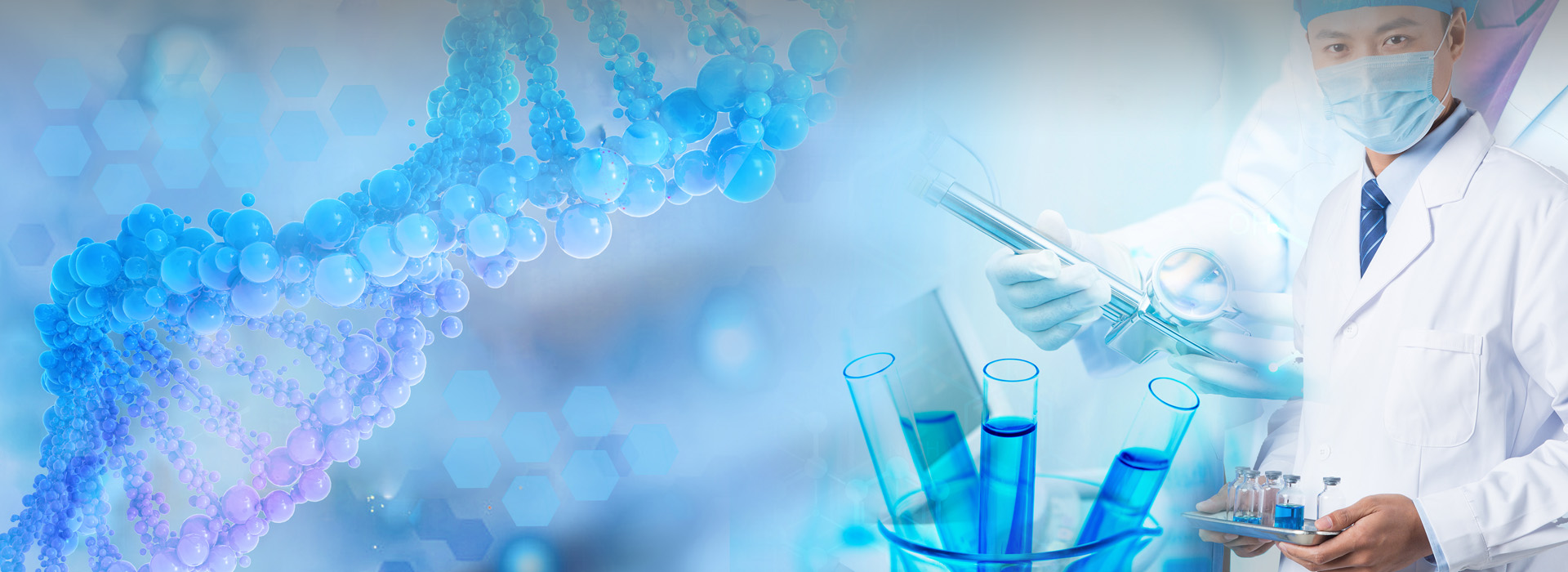(1) General detergent: detergent, washing powder, soapy water, detergent, etc.
(2) Alkaline detergent: sodium carbonate (soda ash, soda), sodium bicarbonate (baking soda), sodium hydroxide (potassium hydroxide) solution, etc.
(3) Strong acid oxidant detergent: commonly known as potassium dichromate lotion, it is used to wash oil stains and organic matters. It can be used repeatedly until the solution turns green.
(4) Organic solvents: toluene, xylene, ketone, ether, trichloromethane, etc.
2. Washing of glassware
(1) Wash. For newly purchased glassware or used glassware, most of the dirt should be washed off with tap water first, then washed and wiped with detergent (select appropriate detergent according to the type of dirt), or soak in potassium dichromate solution, then rinse several times with tap water, and wash with deionized water for three times. The cleaned glassware should be smooth and transparent, and the inner wall can be wetted by water without water drop. The used off-duty utensils should be washed immediately, and the inner walls of glassware with scale can not be scrubbed with bristle brush and detergent powder. The utensils have not been used for a long time and must be washed again before use.
(2) Dry. General glassware, after washing, is inverted to dry on the air drying rack. If it needs rapid drying, it can be dried in an oven at 105 ℃; glassware with scale can not be dried in oven, but can be washed and dried with absolute ethanol.
(3) Storage. The cleaned and dried glassware should be stored in a clean glassware cabinet; the volumetric flask should be stored with a plug; the burette should be placed upside down on the titration rack; the pipette should be placed on the pipette rack or in a tray with a cover.
3. The washing of agate utensils. Agate utensils can be wiped with dilute hydrochloric acid, baking soda and washing powder, then washed with tap water, and finally washed with deionized water for three times. It can be air dried or dried at 80 ℃.
5. Plastic, porcelain washing. Wash glassware with dilute hydrochloric acid or dilute hydrochloric acid.











 National Service Hotline
National Service Hotline
